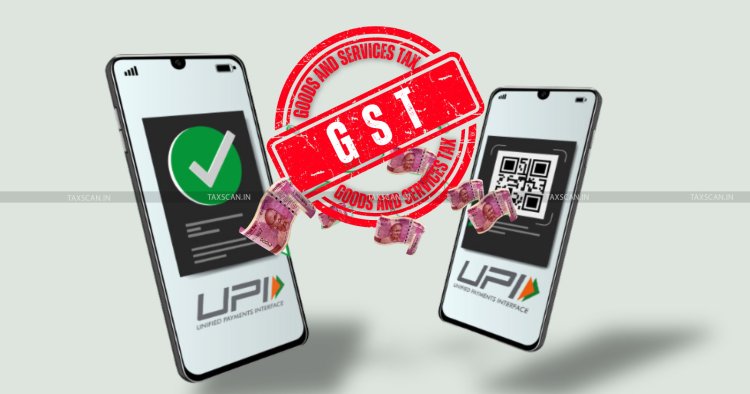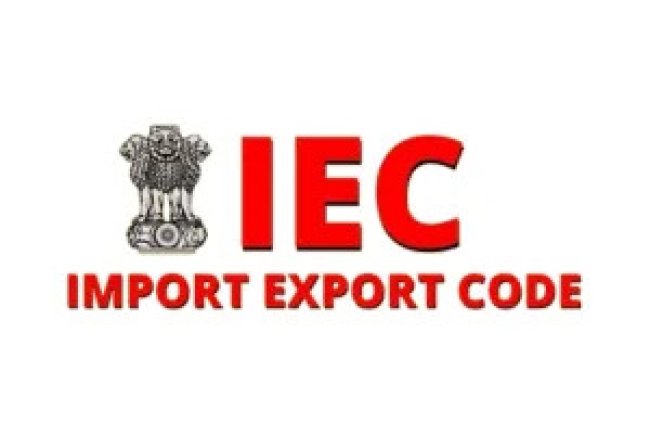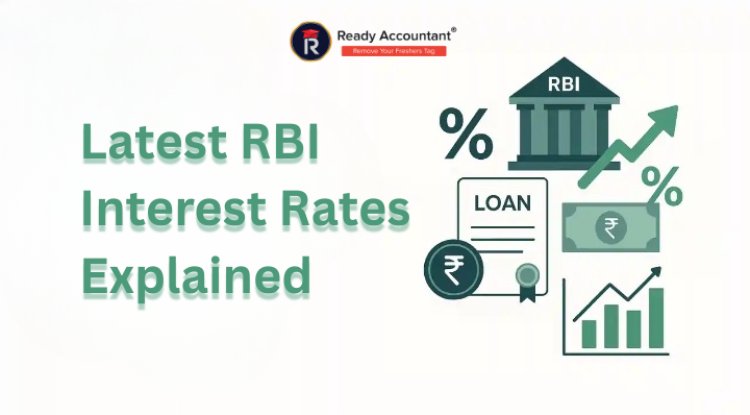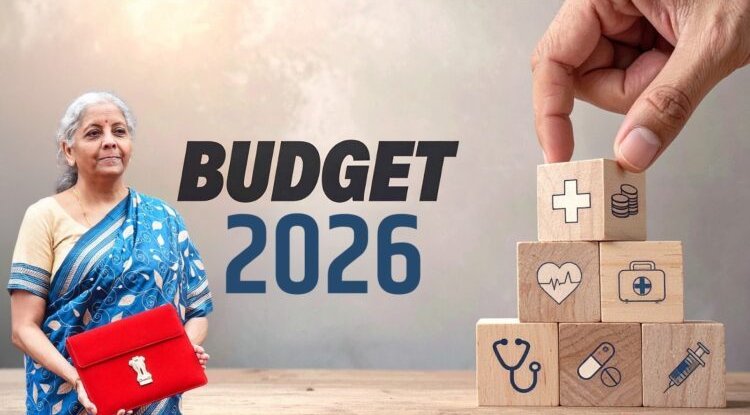GST on UPI Transactions
UPI (Unified Payments Interface) is a widely used digital payment system in India. While it enables fast and seamless money transfers, GST is not directly applicable on UPI transactions made for personal use. However, GST may apply indirectly in two scenarios: Merchant Payments – GST is charged on the product/service being purchased, not on the UPI method used. Bank/Service Charges – In high-volume or commercial transactions, banks or gateways may charge fees that include GST. For students and professionals pursuing careers in accounting and taxation, understanding the relationship between digital payments and GST is essential. Courses like Certified Industrial Accountant, Accounting and Taxation, and Business Accounting offered by Ready Accountant provide practical training in these areas, helping learners become job-ready in the evolving digital economy.

Unified Payments Interface (UPI) has completely transformed how India transacts. Whether you're buying groceries, paying tuition, or settling bills with friends, UPI offers a fast, secure, and seamless payment experience. But with this surge in digital payments, one important question arises:
Is there any GST on UPI transactions?
Let’s break it down and explore how this affects accountants, businesses, and students pursuing an accounting course or a certified accountant certification.
What is GST?
Goods and Services Tax (GST) is a comprehensive indirect tax levied on the supply of goods and services in India. It replaced multiple indirect taxes like VAT, service tax, and excise duty, making taxation more uniform and transparent.
Anyone enrolled in a financial accounting course, accounting and taxation course, or studying to become a corporate accountant must fully understand the fundamentals of GST. It's also a vital component of modern accounting and finance jobs and accounting certification courses.
What is UPI?
Unified Payments Interface (UPI) is a real-time payment system developed by the National Payments Corporation of India (NPCI). It enables instant inter-bank transactions via mobile devices, with apps like PhonePe, Google Pay, and Paytm leading the ecosystem.
UPI is increasingly used in both personal and business transactions, making it a relevant concept in any accounting full course, basic accounting fundamentals, or e-accounting course.
Is There GST on UPI Transactions?
Here’s the answer:
???? No, GST is not charged directly on UPI transactions made by end-users.
When you transfer money using UPI—for example, paying a friend or purchasing goods—the transaction itself is not taxed. UPI is merely a payment mechanism.
But there are two key scenarios where GST might apply indirectly:
1. GST on Merchant Payments
If you pay a merchant via UPI for goods or services, GST is levied on the product or service, not the payment method.
Example:
You buy a product worth ₹1,000 with 18% GST → GST = ₹180
Whether you pay via cash, card, or UPI, the tax amount remains the same.
This distinction is vital for students in accounting and finance courses, courses in tax, or those taking a business accounting and taxation course.
2. GST on Bank Charges and Payment Gateway Fees
For high-volume UPI transactions, especially in businesses, banks, or payment gateways, may levy service charges that can attract GST.
???? For instance:
-
A business account may be charged by the bank for UPI collections.
-
These charges may include 18% GST.
Understanding this is essential for roles such as GST consultant, corporate accountant, and anyone pursuing a diploma in accounting & taxation.
Why This Knowledge Is Crucial for Accountants
Modern accountants are not limited to manual bookkeeping. As a certified Corporate accountant, you’ll handle digital transactions, GST compliance, and reconciliation.
This is why students are enrolling in:
-
Accounting fundamentals courses
-
Financial accounting classes
-
Accounting and tax courses
-
Best accounting courses in India
… must be trained in the nuances of UPI and GST.
Accounting Implications of UPI Transactions
Let’s look at how UPI affects daily accounting practices:
1. Reconciliation of UPI Payments
Every UPI transaction must be accurately reflected in accounting books. This is a key skill for:
-
Accounting assistants
-
Graduates of basic to advanced accounting courses
It’s also covered in most accounting classes near me or accounting diploma courses.
2. GST-Compliant Invoicing
Businesses accepting UPI must still issue GST-compliant invoices. Learning how to handle this is part of:
-
Accounting certification courses
-
Accounting for corporations
-
Accounting with finance training
If you're studying through a complete accounting course or planning to take a certified accounting course, make sure it includes modules on digital tax compliance.
3. Audit & Reporting
As an aspiring auditor or financial analyst, you must know how to:
-
Identify UPI transactions during audits
-
Ensure GST is correctly applied on the product/service, not the payment mode
Courses like accounting certification classes, accounting and finance degrees, and business accounting and taxation courses in Bangalore cover such advanced topics.
Where to Learn These Skills
If you're exploring accounting courses online, consider choosing institutions that offer:
✅ GST modules
✅ Digital payment reconciliation
✅ Practical business accounting
✅ Real-world case studies on taxation
At Ready Accountant, industry-leading programs like:
-
Certified Industrial Accountant Course
-
Business Accounting and Taxation Course
-
Advanced Accounting Class
… equip you with practical, job-ready skills.
The Future of GST on Digital Payments
As India's digital economy evolves, the government may introduce GST on specific UPI-based services in the future.
Students pursuing:
-
Online taxation courses
-
Diploma in accounting and taxation
… must keep an eye on changing tax regulations and update their accounting knowledge regularly.
This will create high demand for roles like:
-
Corporate Accountant
-
GST Consultant
-
Tax Analyst
-
Accounting Trainer
Conclusion
Here’s what you need to remember about GST on UPI transactions:
-
✅ No GST is charged directly on UPI transactions
-
✅ GST applies to the product or service purchased, not the payment method
-
✅ UPI reconciliation and digital tax compliance are essential skills for modern accountants
-
✅ Professional accounting courses can help you stay future-ready
By enrolling in certified courses, you equip yourself to meet the challenges of a digital-first financial ecosystem.
What's Your Reaction?



















